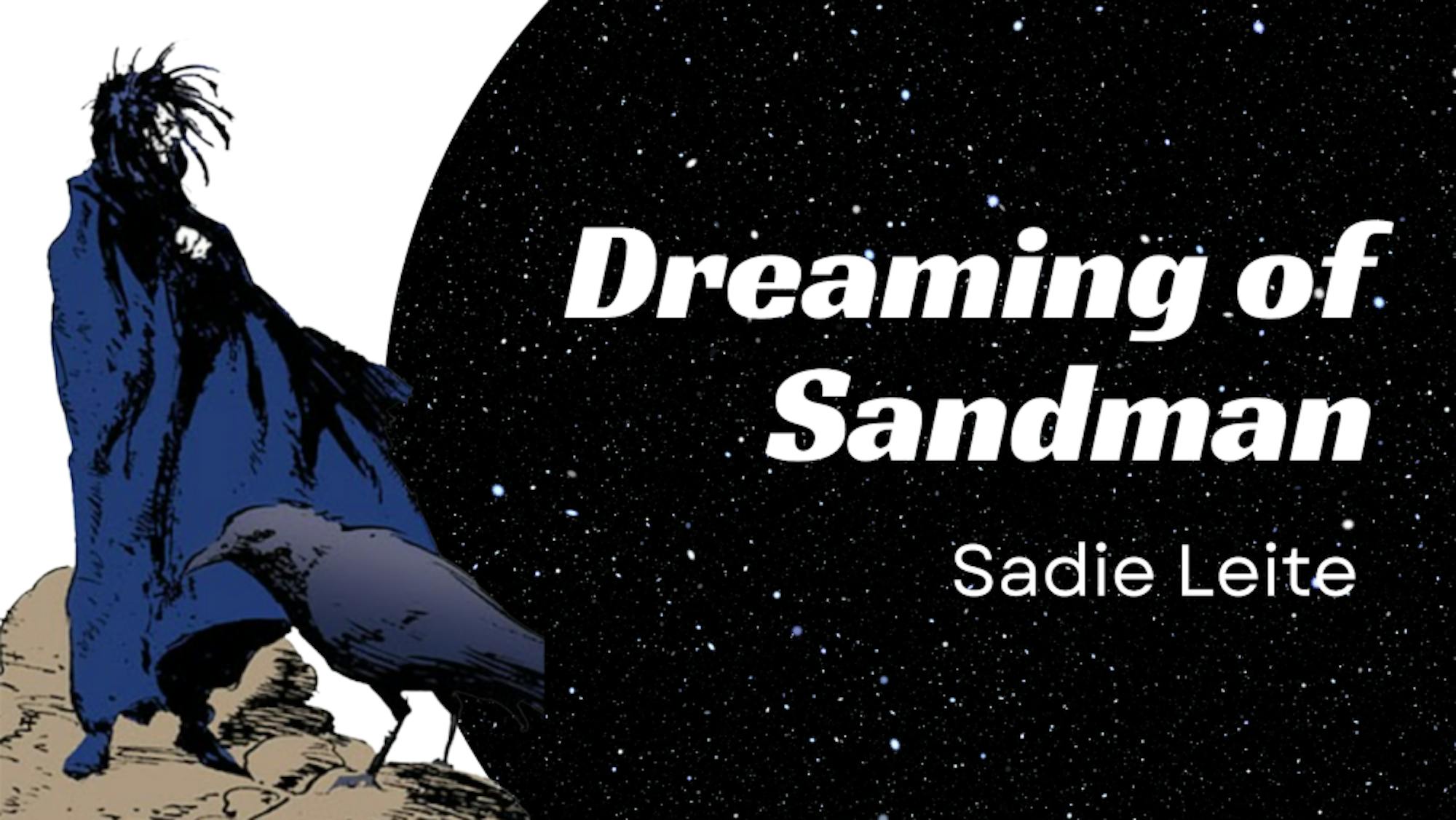College students may debate free will from time to time, out of academic curiosity or their own growing independence. Volume 2 of Neil Gaiman’s “The Sandman,” “The Sandman: The Doll’s House” (1989–1990), could add a new perspective.
To stage the adventure, Gaiman tells the story of Dream falling in love. He is a beast, though, to this woman: His pride results in her condemnation to Hell — fitting, because this volume is also a reference to Henrik Ibsen’s play “A Doll’s House” (1879), one of the first feminist plays about a woman overcoming loveless marriage.
Next, Gaiman presents the classic horror story, distorted. The Corinthian, a nightmare who escaped the dreamworld, attends the “Cereal Convention” (a fantastic example of Gaiman’s wordplay: All participants are serial killers).
Rose Walker stumbles across the killers. She is The Vortex, or the center of The Dreaming, capable of breaking down dreamers’ minds, destroying humanity. She is the center of the story, the dream and the Doll’s House. However, like all these concepts, and in step with Gaiman’s writing style, there are smaller stories swarming around her.
Rose says the name “Morpheus” out loud, taking advice from a mysterious friend. Dream saves her. Here, Gaiman is alluding to fairy tales and names having power (Rumpelstiltskin!).
Dream addresses the murderers, “Until now, you have all sustained fantasies in which you are the maltreated heroes of your own stories. Comforting daydreams in which, ultimately, you are shown to be in the right. No more. For all of you, the dream is over. I have taken it away.” Wasn’t Dream just the mistreated hero of his love story? We will see how this comes back in the end.
Dream, then, tries to kill Rose Walker in her vortex form, so he can save the mortal dreamers’ minds. Rose’s grandma gives her life so Rose can live: a twist on the intergenerational storytelling method and a nod to the family sacrifice trope — one as old as Abraham.
The volume ends with Rose choosing to believe that her interaction with Dream “was just a dream.” Though she acknowledges it as an unsatisfying ending, for her story, it is comfortable.
She concludes that mortals are dolls, controlled by gods. If humanity had free will, it would drive us mad because we would be aware of all the universe’s elements, including the horrifically mind-bending dreamworld.
Sandman gets the last word, because he is a god, after all. He believes Gods are dolls, controlled by mortals. Gods only exist because humans need explanations for mysteries, like death and dreams.
“The Doll’s House” ends after Gaiman weaves together many stories all around the dilemma on which almost everything else is written.
Does he give us an answer, though, to the question of free will or gods?
I think all figures — gods and mortals — insist their actions and faults aren’t theirs. With this, the universally benevolent hero does not exist. Instead, we learn from flawed heroes, like Dream.
Dreams are critical as a scape to explore unanswerable narratives. So, dream well tonight, and let me know if you crack the free-will debate. It might be interesting.






